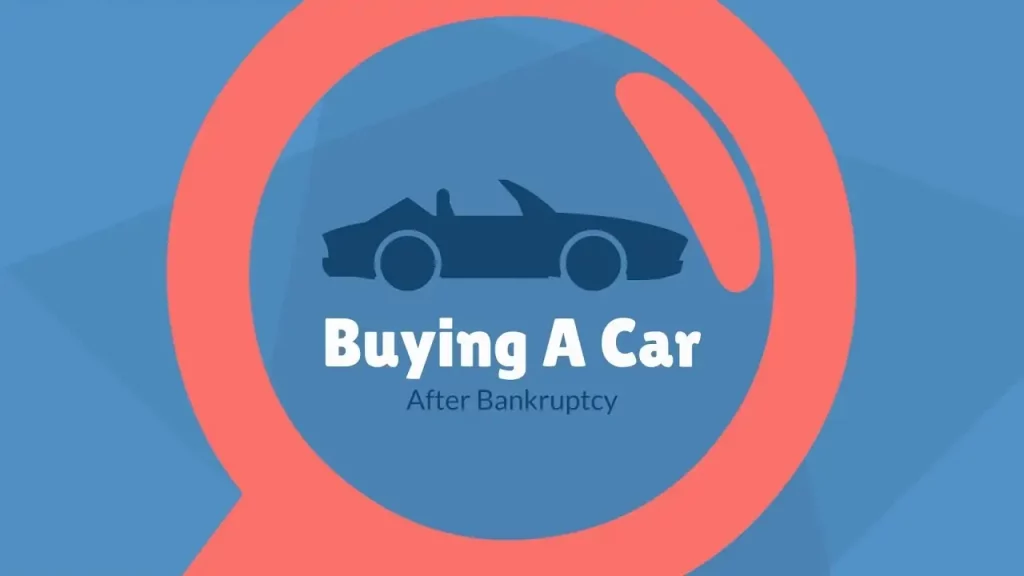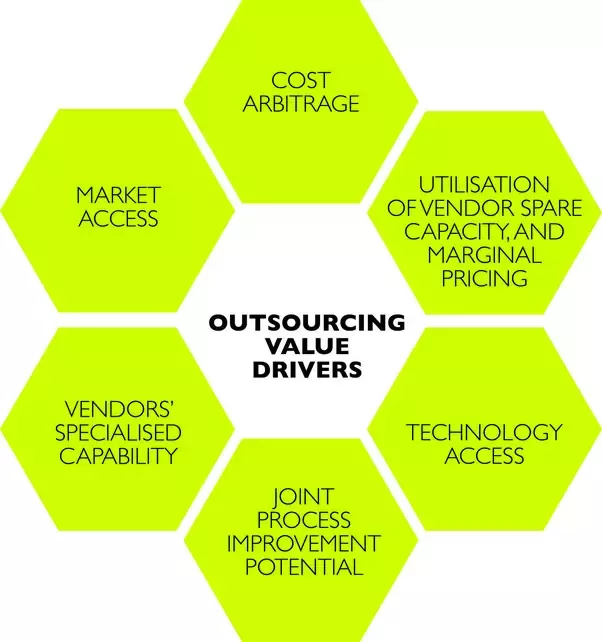Ultimate Guide to Which Debts Must Be Paid Off First to Increase a Credit Score
Debt is like weight gain. For many people, an extra pleasure here and a little ostentation there don’t seem to be any real problems.
However, over time, the pieces and pieces add up and one day they wake up and say, “How did that get there?”
The good news is that it’s never too late. Paying off debt and improving a credit score are two of the most common financial goals. For people who do it right, they can score wins in both goals at the same time.
Below are answers to the most common debt and credit questions, from expert tips to the debts that need to be paid off first to increase a credit score.
How Repaying Debt Improves Creditworthiness
Big debt and bad credit often go hand in hand. That’s why it’s great to know that working on one goal will also help with the other.
Improves utilization rate
One of the many factors that affect a credit score is the person’s credit utilization rate. This is the percentage of revolving loans they use.
Revolving credit is any balance that a person can use over and over again like credit cards. If a credit card has a limit of $10,000, someone can use the balance, pay it off, and then use it again.
It is different from a car loan, for example. If someone gets a $20,000 car loan and repays $5,000 of it, they can’t use that $5,000 for anything else later.
It’s easy for people to calculate their own credit utilization rate.
First, they need to add up the credit limits for all their credit cards. Next, they add up the balances on all these cards. If they divide the balance by the credit limit, this is their credit utilization percentage.
The goal should be to achieve an occupancy rate below 30%. The lower, the better. Every dollar of revolving loans that a person disburses improves their usage rate.
Creates a record
Another important part of a person’s creditworthiness is their payment record. The reason people have bad credit when they first turn 18 is that lenders don’t have records that tell them if the teen will pay their bills on time.
Let’s say someone needs two years to pay off their debts. That’s two more years of reliable payments on their record, which Improving creditworthiness.
Helps the debt-to-income ratio
In truth, this does not directly affect a person’s creditworthiness. However, one of the most common reasons why people make an effort to pay off debt and increase their credit score is that they are trying to buy a home. Their debt-to-income ratio plays a big role in their mortgage qualification.
As you might expect, a debt-to-income ratio calculates the percentage of a person’s monthly income that needs to go toward debt. It’s based on their minimum payments, not the amount they want to pay.
For certain debts, such as credit card debt, the minimum payment decreases as the balance decreases. The result is a Better debt-to-income ratio.
Which debts to pay off first to increase a credit score
It is clear that repaying debt improves a person’s creditworthiness in several ways. However, for most people, their debts are different types of accounts. Learn how to prioritize.
Bad debt
A credit score looks not only at how much debt a person has, but also at the types of debt they have. You can categorize the accounts into “good debt” and “bad debt.”
Good debt includes a mortgage and student loans. Investing in a home or closing can improve a person’s financial situation in the future and allow that debt to be productive.
DemanderFailures, on the other hand, do not have the ability to improve the financial situation of the person. This includes credit card debt and personal loans. To increase their creditworthiness, a person should focus on bad debt before good debt.
Consideration of the utilization rate
For someone trying to pay off their debt in a way that helps their credit score the most, they should keep an eye on their usage rate. It’s best to pay off your revolving credit before other debt.
For example, if someone has credit card debt as well as a car loan, they should pay off their credit card debt first.
Tips for paying off debt and increasing a credit score
Even if people know which debts need to be paid off first, it can be difficult to figure out the next steps. These tips can help.
Higher interest rates should be a higher priority
As mentioned above, it is important to pay off credit card debt first. However, for people with multiple credit cards who have balances, they should focus on the ones with the highest interest rate first.
If all credit cards have the same or similar interest rates, it’s best to start with the one with the highest balance. In this way, the person lowers their largest monthly interest costs right from the start.
The snowball method can help with motivation
In general, it is better to pay off larger and more interest-intensive debt first. However, for some people, it’s daunting that it will take so long to cross a guilt off their list.
Those who need additional motivation can start with the snowball method instead.
With this method, they continue to make minimum payments to all their accounts, but they put extra money into their smallest debts. It’s easier to see progress and stay motivated that way.
Think twice about a 0% interest card
There is a common trick to pay off high-interest credit card debt. It involves applying for and receiving a new credit card that has an introductory interest rate of 0%. The person transfers their debts to this card, so they don’t pay interest while paying it off.
This tactic is great when repaying debt is the only priority. However, it can affect the person’s creditworthiness in this process. For one, adding a new credit card lowers the average age of their accounts, which can affect their credit score.
It’s also common for people who do to close the credit card that had the original debt. If they do, it will likely affect their credit utilization rate, as chances are that the new card will have a lower credit limit.
Achieving a better financial situation
Paying off debt and increasing a credit score doesn’t just require money. It also requires some research, such as knowing what debts need to be paid first to increase a credit score. The above tips can help anyone achieve their financial goals in no time.
For a more practical approach to credit improvement, our credit repair experts can help.
what is the fastest way to pay off your car loan
#detailed #guide #pay #debt #improving #credit #score
- The winner of the Hottest Firefighter promises: “I’ll stay dedicated to saving lives.” - December 1, 2022
- Smiling influencer caught on camera kicking a dog apologizes for sharing the ‘cruel act.’ - December 1, 2022
- What is full coverage auto insurance in Florida? - November 14, 2022



